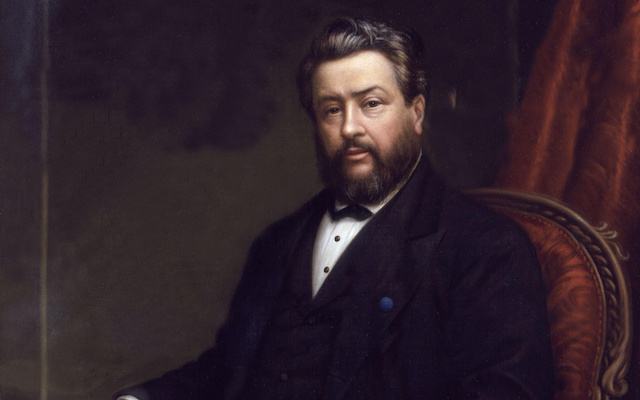I spent several days last week in London with authors and leaders from our team at LifeWay. We were there to introduce several Charles Spurgeon related resources (CSB Spurgeon Study Bible edited by Alistair Begg, Steal Away Home by Matt Carter and Aaron Ivey, and The Lost Sermons of C. H. Spurgeon with Christian George), tour some of Spurgeon’s historical sites, and grab footage we can use in upcoming videos. It was a great time and I walked away with several thoughts. While I have not studied Spurgeon as extensively as the authors with us on the trip, hanging out with them for three days in Spurgeon’s stomping grounds left me with these four thoughts:
1. God uses the nameless and ordinary.
In 1850, a young, rough, and non-believing Charles Spurgeon walked into a Methodist church with questions about the Christian faith. On that Sunday there was a snowstorm and the pastor couldn’t make it to church, so a deacon stepped up to this pulpit and preached Isaiah 45:22—”Look to me and be saved.” We do not know the name of the deacon, but on that day, the Lord saved Charles Spurgeon. An unknown deacon serving as the backup preacher preached the sermon that led to the conversion of the prince of preachers.
2. Gospel proclamation and social action must coexist.
For his entire ministry, Charles Spurgeon faithfully preached the gospel that rescued him. He never wavered from declaring Christ and pointing people to His sacrifice. Spurgeon stated, “If I am asked what is my creed, I reply, “It is Jesus Christ.” At the same time, he was deeply involved in the London community and cared for the society around him. He started an orphanage that served over 500 children at a time. His belief in the gospel fueled his care for the poor; he believed that the church must impact society.
3. I am not Spurgeon.
Though not formally educated, he was extremely brilliant. With a photographic memory, he could prepare sermons in ten minutes because he was always reading and preparing. He taught himself Hebrew as a young boy and was tutoring students at Cambridge when he was sixteen. Not only did Spurgeon know the name of every person in his large congregation, but he knew the names of their pets too. Come on. That ain’t even fair! (Credit to Christian George for the factoids.) My point is that we would be wise to learn from Spurgeon yet also wise to know the Lord has likely gifted us differently.
4. The man goes in the ground and the message goes on.
While we were in London, we asked dozens of people in places we visited, places that were important and impactful to Spurgeon, if they had ever heard of Charles Spurgeon. None had. Spurgeon’s tomb captures a lot of who Spurgeon was. Inscribed on one side are the lyrics “Redeeming love has been my theme and shall be till I die.” The passage on the marble Bible is 2 Timothy 4:7-8. Yet Spurgeon’s grave has weeds all around it. Even when you are the most famous preacher in London, not many know you a few generations after your death. God designed it this way. The power is ultimately in the message, not the messenger. We serve for a season, die, and the message keeps going.





